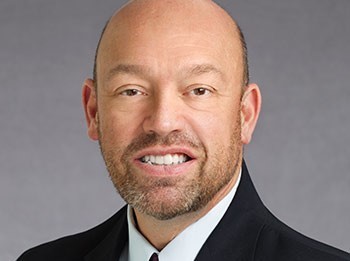As progress toward a safe COVID-19 vaccine continues to unfold, businesses have begun to evaluate the different legal avenues they’ll need to consider for workplace vaccination policies.
The impact of a vaccine, assuming it is tested, approved and safe for the majority, is going to stimulate the economy as more people return to work and frequent more businesses – but employers are not advised to mandate a vaccine for their workers, professor Thomas Lenz, a lecturer at USC Gould School of Law, told the Northern California Record.
“Before insisting or requiring something, they need to gauge the safety of the vaccine and make sure employees are not in a protected class, like disability or a religious faith or practice which would object to a vaccination,” Lenz said. “And there may also be employees who are generally anti-vaxxers – people who due to personal privacy or other issues object to vaccines. As much as we would like one size to fit all, this is one where employers need to take care before launching into it. Moving too swiftly may be treading into an area of legal risk.”
The Americans with Disabilities Act (ADA), and decrees from the National Labor Relations Board (NLRB) and Equal Employment Opportunity Commission (EEOC) are among the factors to consider when developing vaccination procedures for employees.
“As it relates to the EEOC, they are going to be sensitive to concerns expressed by an employee due to his or her disability,” Lenz said. “A vaccine may not be appropriate, and there may be a request for accommodation to deal with that.”
Other workplace matters can apply when codifying immunization policies.
“This is going to be potentially an issue on a couple of levels with the NLRB,” said Lenz, who is also a partner handling labor and employment law at Atkinson, Andelson, Loya, Ruud & Romo. “Employees may object to an employer’s requirement or policy, it may be done in a concerted fashion, and that activity may be protected. Employers are not allowed to punish; it could cause a claim for unlawful retaliation.”
In unionized workplaces, there may also need to be communication with union negotiators.
“Before employers impose rules relating to this, they very likely have to notify the union and to make sure issues are handled in good faith negotiations,” Lenz said. “It could be the union requests information on what their employer is imposing, and employers are under duty to provide relevant information related to its proposals and demands.
“Employers need to be prepared to have dialogues not just insist that everyone have the vaccine,” he added.
Gauging vaccine safety is paramount, and when inoculations are ready, the CDC will provide additional guidance.
“If the vaccine is not adequately tested, to require it may be inviting claims for causing unsafe situations and harm to their employees,” Lenz said. “Employers are really going to need to stay tuned to developments with research and testing of different vaccines because some may be more effective than others.”
Similarly, employers will need to maintain consistency in administration of vaccines.
“There could be some jockeying for position, as to who gets vaccinated first and employers are going to need to be non-discriminatory, because really any workplace-related decision that allows mistreatment of a protected class could invite a discrimination or retaliation claim,” Lenz said.
While some guidance has been issued by the EEOC, which enforces the ADA and Title VII of the Civil Rights Act of 1964, more information is expected as a viable vaccine is developed.
